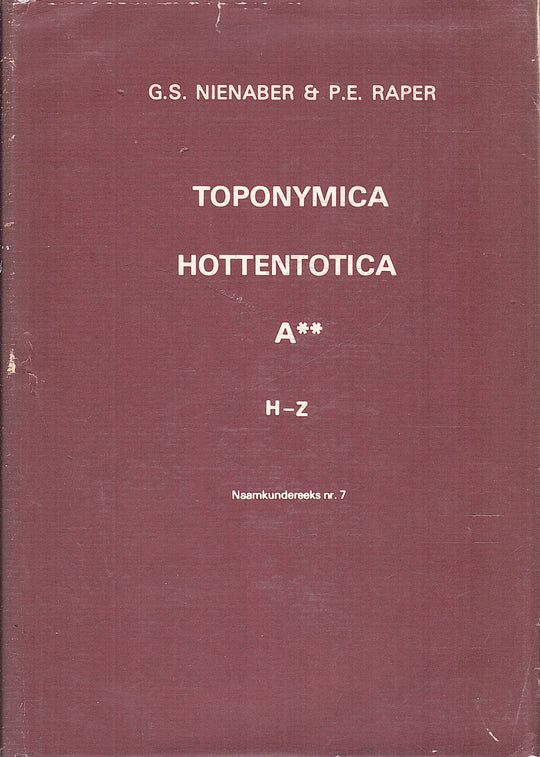Nauchas
According to Dr. Vedder, this means the 'place (s) where there is a lot of (-exa) oorklip (ǃ . Yet the PNC changed the spelling on the basis of a distraction that, afterwards, appears wrong. Of course, this did in good faith, but the lesson is clear: change as little as possible. The nau may be connected with ǀ NAWU- = broom, compassion, sample, with cha and -s as above ('place of many sesma'), at ǀ NAWU = to erase (Rest 1960 DNW 20). Earlier, with suitable rushes, shrubs, grass and branches were swept, cf. Smith 1966 CNSAP 96. Mortgage or not, we have a certainty. The farm owner's wife has a twig of the Nau- sent that identified the botanist of the University of Natal as an Euclea Sp. We know that the component nau- often occurs in place names. Dr Dove also shows pertinently on this fact, she looks closely. It can be this plant species. Smith speaks of an Euclea used as broom and hotness is called (the Ghwarrie is an Euclea). Boois J 1976 Language Assistant writes 'The place is known today in the Volksmond as ╪hauxas', therefore with deviant suction sound. Krenz FK 1976 Farmer what these remarks are located, join Mr Booish and say 'in talks with Namas, I always heard of ╪hauxas, d.w.s. 'Dompig, Feucht Oder Auch dicht Wordsen'. '




